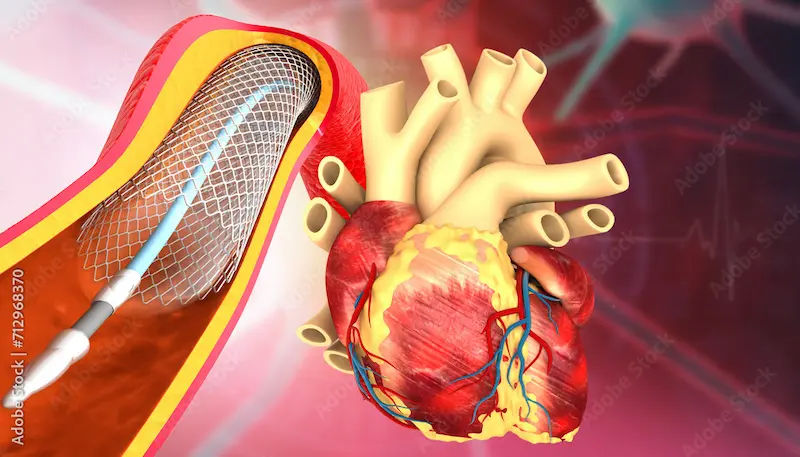- female
- 72 Years
- 20/02/2025
I'm really worried about my 72-year-old mom. She had an angioplasty last month and didn't have any pain after, but she's developed this really bad dry cough. She's on a bunch of meds: clopilet, ecosprin, prolomet, ivabrad, lipicure, pantocid, and piriton syrup, plus aldactone. Do you think any of these could be causing her cough, or is there something else we should be looking into? I really want to help her get some relief. What do you suggest?
Answered by 1 Apollo Doctors
That could be due to side effect of one of the medicines that your using visit your doctor for switch of the medicine and maintain healthy lifestyle
Dr. Ranjith Suggests...
Consult a Cardiologist
Answered 25/07/2025
0
0

More Cardiology Health Queries
View allI'm getting really tired when I dance or do even small heavy tasks, and I'm not sure why. I already had an ECG, and it came back normal. I'm just wondering if there's something else that could be causing this?
Feeling tired during physical activity could be due to various reasons, even if your ECG results are normal. One common reason for this could be iron deficiency anemia. I recommend you to take iron supplements like Ferrous Sulfate 325mg once daily after meals for a few months. Additionally, make sure you are staying hydrated and eating a balanced diet rich in iron and other essential nutrients. If the symptoms persist, further evaluation may be needed.
Answered by 1 Apollo Doctors
I've been taking Vicks Action 500 and Saridon for my headaches, and recently I had a heart attack. Ive recovered, but now I'm really worried if these meds might have caused the heart issue. Also, my doctor gave me Dynapar injections for headaches quite a few times. I'm starting to wonder if using Dynapar so frequently could lead to heart problems too. Can this frequent use be a cause for concern?
Headache medications like Vicks Action 500, Saridon, and Dynaper may not directly cause a heart attack, but they can have side effects that may put additional strain on the heart, especially if used frequently or in high doses. Frequent use of caffeine (in both Vicks Action 500 and Saridon) and decongestants (like phenylephrine) may raise blood pressure and heart rate, which could potentially exacerbate pre-existing heart conditions. Dynaper doesnt directly cause heart attacks, but its effects on heart rate should be monitored, particularly with frequent use. It would be best to consult your cardiologist about the specific medications youre taking, especially after a heart attack. They might recommend alternative treatments that are safer for your heart. If you're still experiencing frequent headaches, your doctor may suggest an evaluation for underlying causes and alternative therapies.
Answered by 1 Apollo Doctors
I'm really worried about my mom. She's been having chest pain for a while and thought it might be due to gastric issues, but yesterday it got really bad and lasted more than half an hour. Now she's noticing that when she turns her head to the right, the pain in her chest gets worse. Since yesterday, she's also been feeling some uneasiness in her chest. What could be going on? Should we be worried about something serious?
Visit Physician for evaluation and appropriate management
Answered by 1 Apollo Doctors
Disclaimer: Answers on Apollo 247 are not intended to replace your doctor advice. Always seek help of a professional doctor in case of an medical emergency or ailment.





